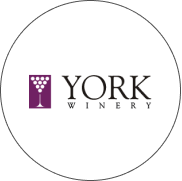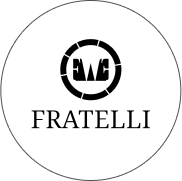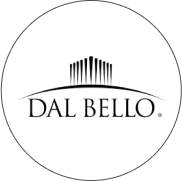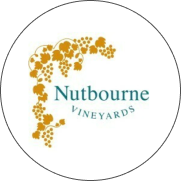
York
Nashik, Maharashtra, India
The combination of modern Australian and South African winemaking practices with old-world French influence is an open-minded approach, resulting in wines with flavor profiles representative of the different microclimates and soils of their vineyards. York consistently produces some of the best wines in the Nashik Valley.
The combination of modern Australian and South African winemaking practices with old-world French influence is an open-minded approach, resulting in wines with flavor profiles representative of the different microclimates and soils of their vineyards. York consistently produces some of the best wines in the Nashik Valley.





